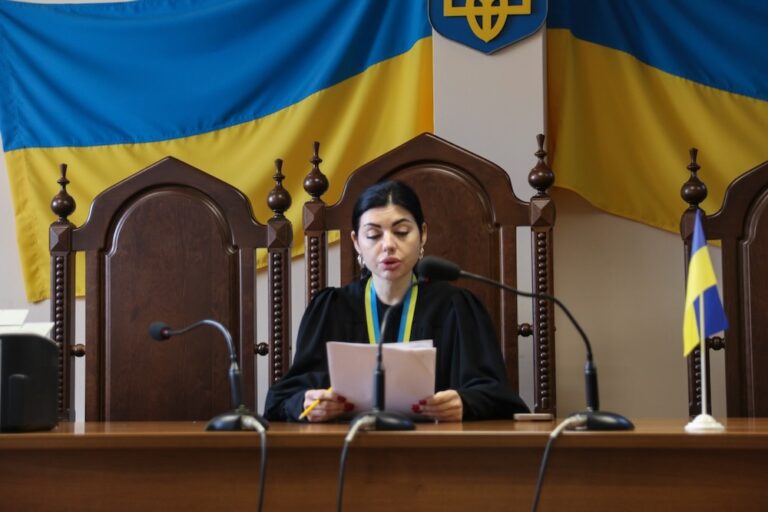An EU-funded project with the apparent aim of eradicating the Internet of terrorism will negatively affect online freedoms, says the Electronic Frontier Foundation.
(EFF/IFEX) – 26 September 2012 – A new project aimed at “countering illegal use of the Internet” is making headlines this week. The project, dubbed CleanIT, is funded by the European Commission (EC) to the tune of more than $400,000 and, it would appear, aims to eradicate the Internet of terrorism.
European Digital Rights, a Brussels-based organization consisting of 32 NGOs throughout Europe (and of which EFF is a member), has recently published a leaked draft document from CleanIT.
On the project’s website, its stated goal is to reduce the impact of the use of the Internet for “terrorist purposes” but “without affecting our online freedom.” While the goal may seem noble enough, the project actually contains a number of controversial proposals that will compel Internet intermediaries to police the Internet and most certainly will affect our online freedom. Let’s take a look at a few of the most controversial elements of the project.
Privatization of Law Enforcement
Under the guise of fighting ‘terrorist use of the Internet,’ the “CleanIT project”, led by the Dutch police, has developed a set of ‘detailed recommendations’ that will compel Internet companies to act as arbiters of what are “illegal” or “terrorist” uses of the Internet.
Specifically, the proposal suggests that “legislation must make clear Internet companies are obliged to try and detect to a reasonable degree . . . terrorist use of the infrastructure” and, even more troubling, “can be held responsible for not removing (user generated) content they host . . . on their platforms if they do not make reasonable effort in detection.”
EFF has always expressed concerns about relying upon intermediaries to police the Internet. As an organization, we believe in strong legal protections for intermediaries and as such, have often upheld the United States’ Communications Decency Act, Section 230 (CDA 230) as a positive example of intermediary protection. While even CDA 230’s protections do not extend to truly criminal activities, the definition of “terrorist” is, in this context, vague enough to raise alarm.
Erosion of Legal Safeguards
The recommendations call for the easy removal of content from the Internet without following “more labour intensive and formal” procedures. They suggest new obligations that would compel Internet companies to hand over all necessary customer information for investigation of “terrorist use of the Internet.” This amounts to a serious erosion of legal safeguards. Under this regime, an online company must assert some vague notion of “terrorist use of the Internet,” and they will have carte blanche to bypass hard-won civil liberties protections.
The recommendations also suggest that knowingly providing hyperlinks to a site that hosts “terrorist content” will be defined as illegal. This would negatively impact a number of different actors, from academic researchers to journalists, and is a slap in the face to the principles of free expression and the free flow of knowledge.


